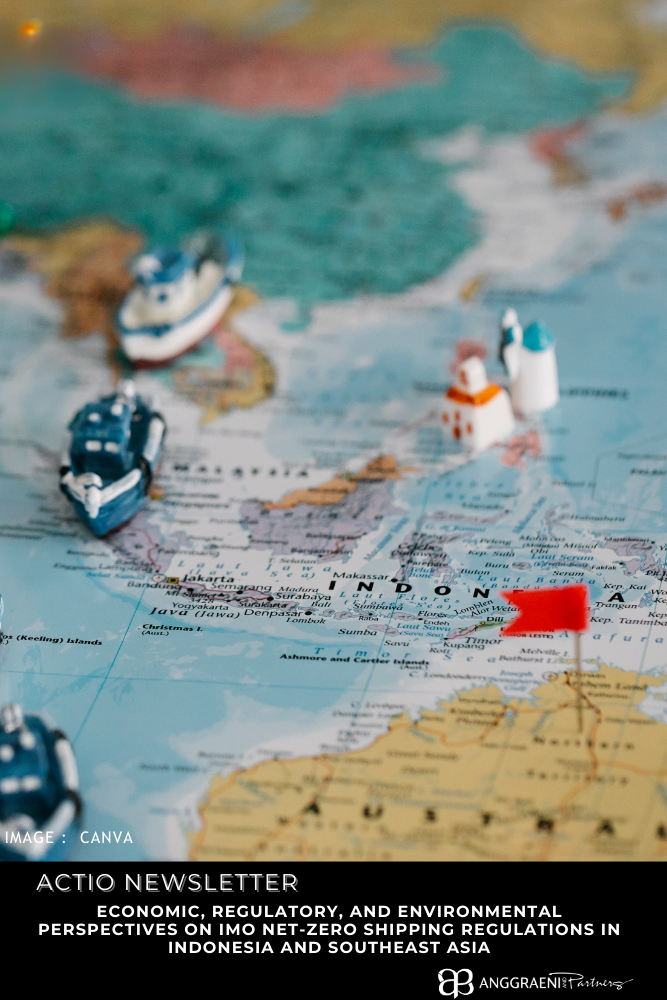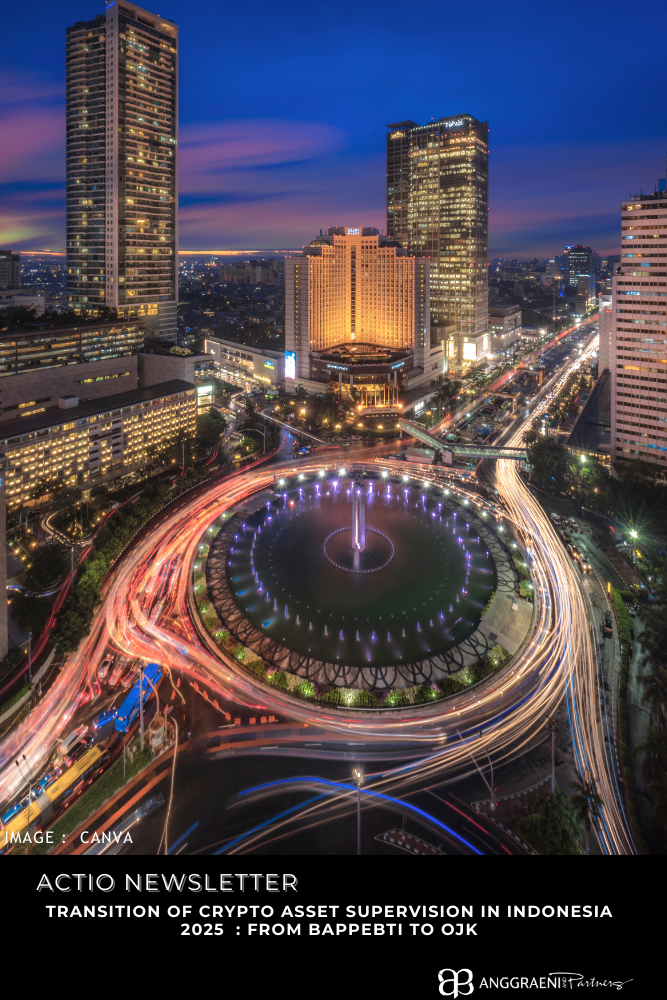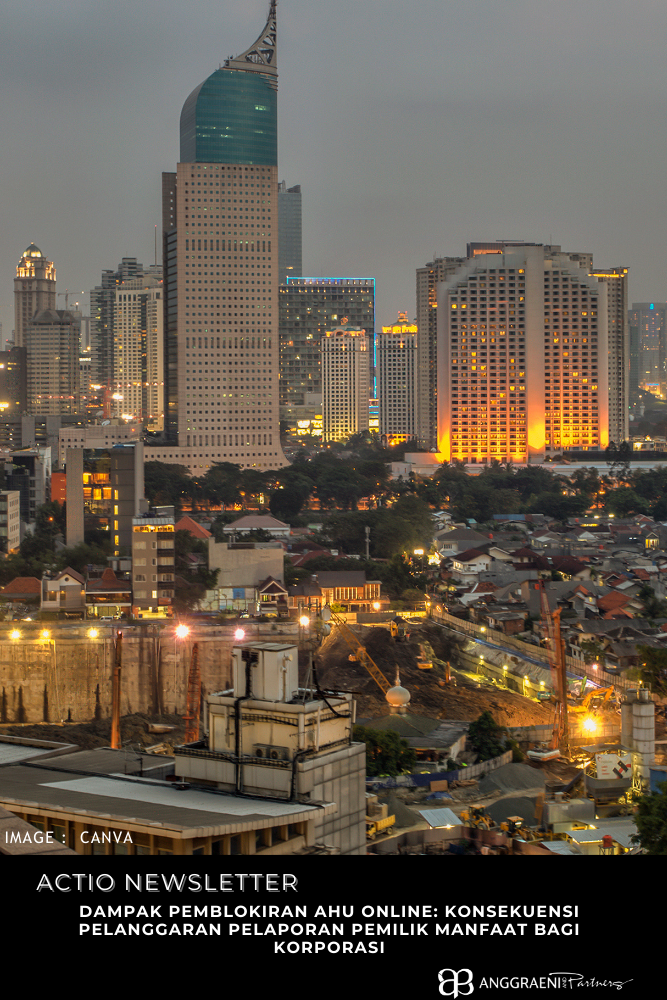Investment Opportunities and Industrial Challenges in Transitioning to Net-Zero Shipping in Southeast Asia
by Setyawati Fitrianggraeni and Orima Melati Davey
Overview
The IMO’s net-zero regulations are setting the stage for a major transformation in the global shipping industry. Alongside the shifts in costs and regulatory practices discussed in Article Economic, Regulatory, and Environmental Perspectives on IMO Net-Zero Shipping Regulations in Indonesia and Southeast Asia , this new framework is expected to stimulate significant investment in green maritime infrastructure while presenting several operational and financial challenges for the industry. This article reviews the investment prospects and the industrial challenges that must be addressed during the transition to net-zero shipping in Southeast Asia.
Investment in Green Maritime Infrastructure
Achieving net-zero emissions will require substantial investment in multiple areas, including alternative fuel production, port infrastructure upgrades, and new vessel technologies. Global estimates suggest that up to USD 1.4–1.9 trillion will need to be invested by 2050 to support the transition to zero-carbon shipping fuels. Southeast Asian countries possess considerable potential in alternative fuel production; for instance, Indonesia and Malaysia have resources that could facilitate sustainable biofuel production. Policy measures already in place, such as increasing biodiesel blends, serve as initial steps toward reducing carbon intensity.
Moreover, the development of bunkering facilities and storage infrastructure is seen as a key investment area. Major ports such as Singapore are actively preparing to support alternative fuels like ammonia and methanol. Additionally, ports in Indonesia, Vietnam, and Thailand are expected to secure new investments for infrastructure enhancements that will accommodate transitional fuels like LNG and future fuels like green hydrogen. These investments not only aim to support the shipping industry but also promise to create broader economic benefits for the region.
Industry Challenges and Implementation Strategies
The transition to net-zero shipping poses significant challenges for the industry. A primary concern is the financial burden associated with upgrading aging fleets to meet new efficiency standards. Smaller operators, in particular, could face difficulties in securing the necessary capital to retrofit vessels, potentially resulting in a greater reliance on carbon fee payments that might adversely affect profitability. Another challenge is the current uneven availability of compliant fuels and infrastructure. While major maritime hubs may readily offer alternatives such as LNG and biodiesel, secondary ports may lag, creating regional disparities. Addressing these issues will require concerted efforts from governments and private stakeholders to expand fuel availability and improve distribution networks.
Capacity-building is also essential; authorities and industry players need to develop technical expertise in emissions monitoring, regulatory enforcement, and the administration of carbon credit trading systems. International support and regional cooperation are expected to play pivotal roles in overcoming these knowledge and infrastructure gaps. Finally, technological uncertainties related to which alternative propulsion or fuel types will become dominant represent another layer of risk. The decision-making process regarding investments in technology is complex, with stakeholders weighing options such as LNG versus alternative fuels like ammonia or hydrogen. Pilot projects, international collaborations, and a flexible regulatory framework will be crucial in managing these risks during the transition period.
Conclusion
The net-zero shipping transition presents a significant investment opportunity for developing green maritime infrastructure across Southeast Asia, while also posing challenges that require strategic policy support and capacity-building. By fostering regional cooperation and encouraging public-private partnerships, Southeast Asian nations can mitigate the financial and technical hurdles involved, ultimately paving the way for a more sustainable and competitive maritime sector.
References
- International Maritime Organization. (2023). Revised GHG Strategy: Low- and Zero-Carbon Fuels. https://www.imo.org/en/our-work/environment/climate-change
- International Maritime Organization. (2023). Revised IMO Strategy on Reduction of GHG Emissions from Ships. https://www.imo.org/en/our-work/environment/climate-change
- Center for Strategic and International Studies. (2023). Decarbonization in Southeast Asia: Biodiesel Policies. https://www.csis.org/analysis/southeast-asias-energy-transition
- Center for Strategic and International Studies. (2023). Southeast Asia’s Energy Transition: Biofuel Potential. https://www.csis.org/analysis/southeast-asias-energy-transition
- Global Maritime Forum. (2023). IMO Strategy: Financial Challenges for Shipping Operators. https://www.globalmaritimeforum.org/news/insights-on-maritime-decarbonization
- Rocky Mountain Institute. (2023). Maritime Decarbonization: Singapore’s Role in Alternative Fuels. https://rmi.org/insight/maritime-decarbonization
- Spectra Fuels. (2023). Green Bunker Infrastructure in Southeast Asia. https://www.spectrafuels.com/insights/green-shipping
- United Nations Conference on Trade and Development. (2023). Review of Maritime Transport: Investment Needs for Net-Zero Shipping. https://unctad.org/publication/review-maritime-transport-2023
*Setyawati Fitrianggraeni serves as Managing Partner at Anggraeni and Partners in Indonesia and Assistant Professor at the Faculty of Law, University of Indonesia, while pursuing her PhD at the World Maritime University in Malmö, Sweden, where she leads a legal research team focused on Ocean Maritime Climate, including researchers Orima Melati Davey
DISCLAIMER :
This disclaimer applies to the publication of articles by Anggraeni and Partners. By accessing or reading any articles published by Anggraeni and Partners, you acknowledge and agree to the terms of this disclaimer:
During the preparation of this work, the author(s) may use AI-assisted technologies for readability. After using this tool/service, the author(s) reviewed and edited the content as needed for the purposes of the publication.
No Legal Advice: The articles published by Anggraeni and Partners are for informational purposes only and do not constitute legal advice. The information provided in the articles is not intended to create an attorney-client relationship between Anggraeni and Partners and the reader. The articles should not be relied upon as a substitute for seeking professional legal advice. For specific legal advice tailored to your individual circumstances, please consult a qualified attorney.
Accuracy and Completeness: Anggraeni and Partners strive to ensure the accuracy and completeness of the information presented in the articles. However, we do not warrant or guarantee the accuracy, currency, or completeness of the information. Laws and legal interpretations may vary, and the information in the articles may not be applicable to your jurisdiction or specific situation. Therefore, Anggraeni and Partners disclaim any liability for any errors or omissions in the articles.
No Endorsement: Any references or mentions of third-party organizations, products, services, or websites in the articles are for informational purposes only and do not constitute an endorsement or recommendation by Anggraeni and Partners. We do not assume responsibility for the accuracy, quality, or reliability of any third-party information or services mentioned in the articles.
No Liability: Anggraeni and Partners, its partners, attorneys, employees, or affiliates shall not be liable for any direct, indirect, incidental, consequential, or special damages arising out of or in connection with the use of the articles or reliance on any information contained therein. This includes but is not limited to, loss of data, loss of profits, or damages resulting from the use or inability to use the articles.
No Attorney-Client Relationship: Reading or accessing the articles does not establish an attorney-client relationship between Anggraeni and Partners and the reader. The information provided in the articles is general in nature and may not be applicable to your specific legal situation. Any communication with Anggraeni and Partners through the articles or any contact form on the website does not create an attorney-client relationship or establish confidentiality.
By accessing or reading the articles, you acknowledge that you have read, understood, and agreed to this disclaimer. If you do not agree with any part of this disclaimer, please refrain from accessing or reading the articles published by Anggraeni and Partners.
For further information, please contact:
P: 6221. 7278 7678, 72795001
H: +62 811 8800 427
Anggraeni and Partners, an Indonesian law practice with a worldwide vision, provides comprehensive legal solutions using forward-thinking strategies. We help clients manage legal risk and resolve disputes on admiralty and maritime law, complicated energy and commercial issues, arbitration and litigation, tortious claims handling, and cyber tech law.
S.F. Anggraeni
Managing Partner
Orima Melati Davey
Legal Researcher
Ocean-Maritime-Climate Research Group



